PREHISTORIC DACIA
On the main column of Atlas mountain, the same mountain and the same column which dominates the entire southeastern corner of the Carpathian Mountains, was, according to ancient legends of theogony, chained Prometheus, the highest genius of the Pelasgian world. The legend of Prometheus show us one of the most sublime images for the birth of the Civilization of the Pelasgian people. After Jove [also known as Jupiter — Ed.] defeated the old Saturn and took his place in all the divine and political honors, a serious misunderstanding, as these legends tell us, occurred between mankind and the new autocrat. The representative of the unhappy world was the wise titan Prometheus.
In one of the most beautiful tragedies of Aeschylus [525–456 BC – Ed.], Prometheus, the father of civilization and the friend of mankind, accuses Jove as follows: as soon as Jove ascended the divine throne to rule over gods and mortals, Jove gave all the privileges to the gods only, and Jove did not mind at all about the miserable mortals, moreover even Jove wanted to extinguish the whole human race and to create a new one, and to Jove`s plan opposed only Prometheus (Aeschylus, Prometheus Bound). Jove was mighty through his supreme authority over gods and mortals, but Prometheus was mighty through his wisdom, superior by the strength of his thoughts, and Prometheus had the support of the human race. Hence an enormous jealousy and dispute in the council of the gods between Prometheus and Jove.
From a historical point of view, the legends of Prometheus offer us a special insight into the origins of European civilization at the north of the Lower Danube river [known as Ister/Istros or Okeanos Potamos in ancient times — Ed.], and into the expansion of this civilization towards the southern countries. According to Hesiod [c. 700 BC, the author of the Theogony], Prometheus was a brother of Atlas and both sons of the Titan Iapetos, and who along with Saturn lived at the edge of the known world. Hesiod writes also: the mother of Atlas and Prometheus was a daughter of Okeanos (the ancient name for Lower Danube river,) called Clymene. And according to the historian Herodori/Herodorus, who lived before Herodotus [c. 484 – 425 BC –Ed.], Prometheus was a king of Scythia.
Under this geographical name of Scythia, when it came to major historical, religious or political events, the ancient Greek authors usually meant the lands in the northern part of the Lower Danube river and the northwestern corner of the Black Sea [Pontus Euxinus in ancient times – Ed.]. Even at Herodotus, ancient Scythia stretched along the Lower Danube river, towards the regions of today’s Olt [Olt is a river in modern day Romania – Ed.].
According to legend, Prometheus, the most brilliant character in the prehistoric world, gave people not only the benefit of fire, but also a multitude of other privileges, which Aeschylus [525–456 BC – Ed.] enumerates as follows: People, says Prometheus, were in the beginning with the minds of children, and I Prometheus made them wise and gave them the power of thoughts. In the beginning, the things they saw, they saw them in vain, and what they heard they did not really discern. For a long time they confused all things with others, just like they confused whether they were dreaming or awake.
These people, continues Prometheus, did not know how to build houses with sun-dried clay bricks; they did not know how to work wood, but lived underground like nimble ants, hidden deep inside caves. People had no sure sign either for the beginning of winter, or for spring, or for summer, when the fruits ripens, but they lived without any knowledge, until I Prometheus taught them knowledge about the rising and the setting of the celestial bodies, concepts harder to learn. I, Prometheus, invented the most useful sciences, mathematics and literature, and the art of learning, this is the mother of sciences. I, Prometheus, first domesticated the cattle to be used for transportation…, and I, Prometheus, and no one else, invented the sailboats to be used to sail the sea.
Moreover, when someone fell ill, he had no cure, no means of livelihood, and people died of lack of remedies, until I, Prometheus, first taught them how to compose medicines useful for health, through which to protect themselves against all diseases, I, Prometheus, taught them different ways to prevent diseases . Finally, who could say that he found out before me the things useful to humans, which are hidden under the earth, copper, iron, silver and gold, and summing it all up in a few words: know that all the arts, mortal people learned from Prometheus (Aeschylus, Prometheus Bound).
In ancient legends, Prometheus also appears to us as the creator of a new human race. Apollodorus, also known as Pseudo-Apollodorus [the author of The Library / Bibliotheca –Ed.] tells us that Prometheus created the humans from water and earth and gave them the fire, which he had stolen from Jove, and which he brought hidden in a plant called ferula.
Stephanus Byzanthinus [the author of Ethnica, 6th century AD –Ed.] writes that during the time of Deucalion [Deucalion was the son of Prometheus –Ed.], when the flood was over, all people were perished, and the Earth became empty again, Jove ordered Prometheus and Minerva to create human beings from clay, and then calling all the winds to give them souls and made them alive. A more complete version of this legend is found with the poet Claudius Claudianus [born c. AD 370 in Alexandria — died c. AD 404 in Rome –Ed.] in the work Eutropium:
«According to the legends, two twin brothers, sons of the Titan Iapetos, created from one and the same material substance the first ancestors of our human race, but with different successes. To the humans whom Prometheus had fashioned with great care, Prometheus put more divine spirit in the material substance, and these humans, being created by a better master, they knew well in advance the things that were to happen, and so they were prepared for the events that could bring them any trouble. But the other creator of humans, whom the Greek poets rightly call Epimetheus (Titan god of afterthought) being a a less good master, had chosen a material substance of a lower quality, and did not gave any divine spirit to these humans fashioned by him.
These humans, just like the beasts do not know how to avoid dangers, they do not foresee the things that will happen, and after suffering any misfortune then they begin to mourn and feel loss. What is the true historical meaning of this legend about the creation of human beings from water and earth, it is impossible to find out today.
The origin of this belief dates back to very old prehistoric times. It is the same legend that traveled from North [North of Danubiu river –Ed.] to South [South Europe — Ed.], that passed from the Carpathian Mountains to Greece [in very ancient times — Ed.] and from Greece to Egypt, and that was later introduced by the prophet Moses [lived around 1200 BC — Ed.] in the holy books of the Hebrews [The Old Testament — Ed.]. The times of Prometheus are much older than the liberation of the Jewish people from Egyptian slavery; in particular the Nordic legend [North of the Lower Danube river –Ed.] about the creation of man from water and earth is much more archaic than the definitive redaction of the books of Moses.
– – –
Translation made by Romanian Society of Culture in Scandinavia, from Romanian to English, from the book Prehistoric Dacia Facsimile First Edition of 1913, that we have in our own collection of books.
See more 🇷🇴 PHARANX 🇷🇴
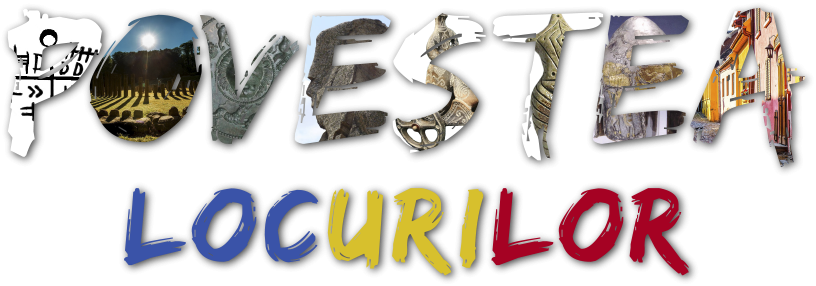

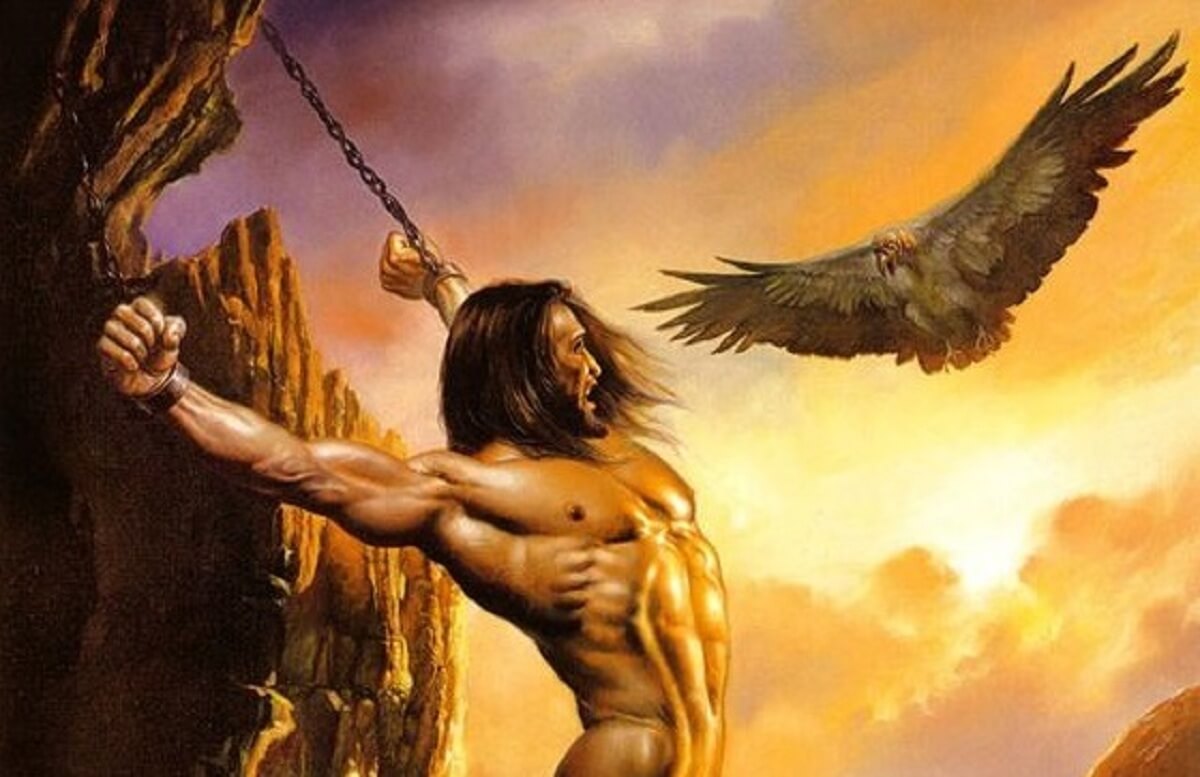
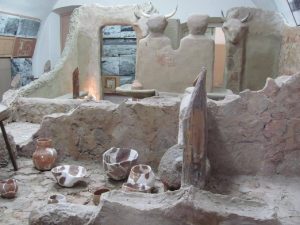
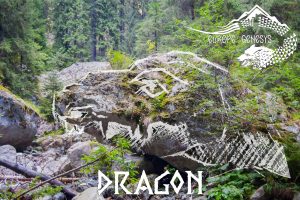
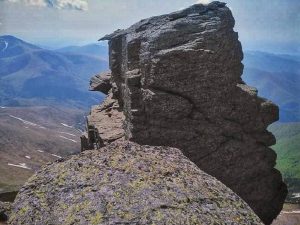
Comments are closed.